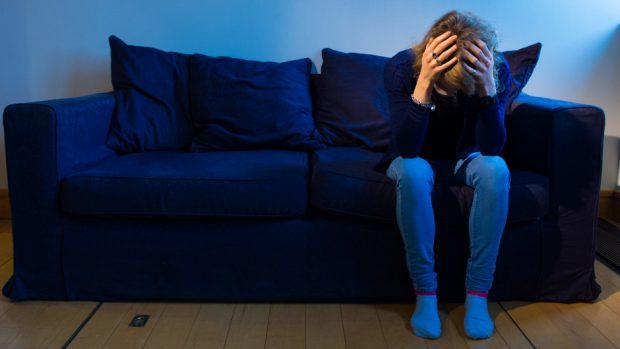A Shetland rape charity is hopeful that victims will be able to stay on the island for forensic examination.
At the moment, those who suffered rape or sexual assault have to travel to the mainland for tests that often prove crucial to the perpetrator being convicted.
But a meeting is due to take place between NHS Shetland, the police, Shetland Rape Crisis and others next week with the aim of finding a way of providing forensic tests locally.
Rape Crisis Scotland national coordinator Sandy Brindley is critical of a setup where rape survivors in Shetland and Orkney travel to the mainland and are advised not to wash, eat or drink before being examined in case evidence is lost.
Survivors are escorted by police on a flight or ferry to Aberdeen, and Brindley says it is “a completely unacceptable situation – often, the first thing people want to do after being raped is wash, and the length of delay of having to travel without being able to wash can make an already traumatic situation worse”.
Linda Gray of Shetland Rape Crisis, which was set up six months ago, said she had worked with numerous people who said the prospect of travelling to Aberdeen for tests was one of two key barriers that prevented them from contacting the police after being sexually assaulted.
But she believes the need to travel for tests worsens a situation that, despite a relatively high detection rate, saw only three rapes and 12 sexual assaults recorded by police in Shetland in 2014/15. “That’s probably just the tip of the iceberg,” Gray said.
In some cases the alleged perpetrator, as well as the victim of the crime, is tested and “you wouldn’t want them both going south on the same plane or anything like that”.
Gray said the Western Isles was able to provide forensic testing without patients having to leave, and she feels progress has been made in persuading NHS Shetland that “if the Western Isles can do it, we can do it”.
